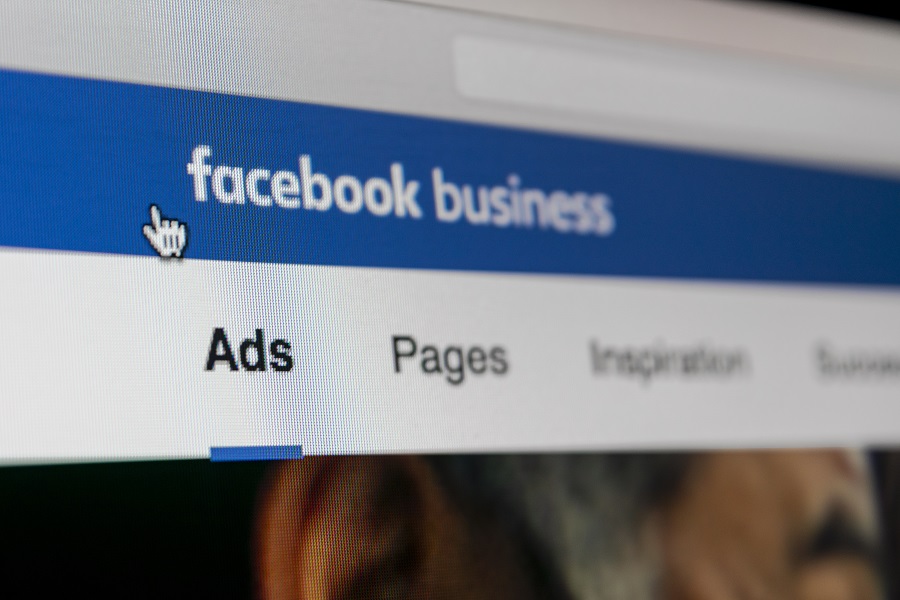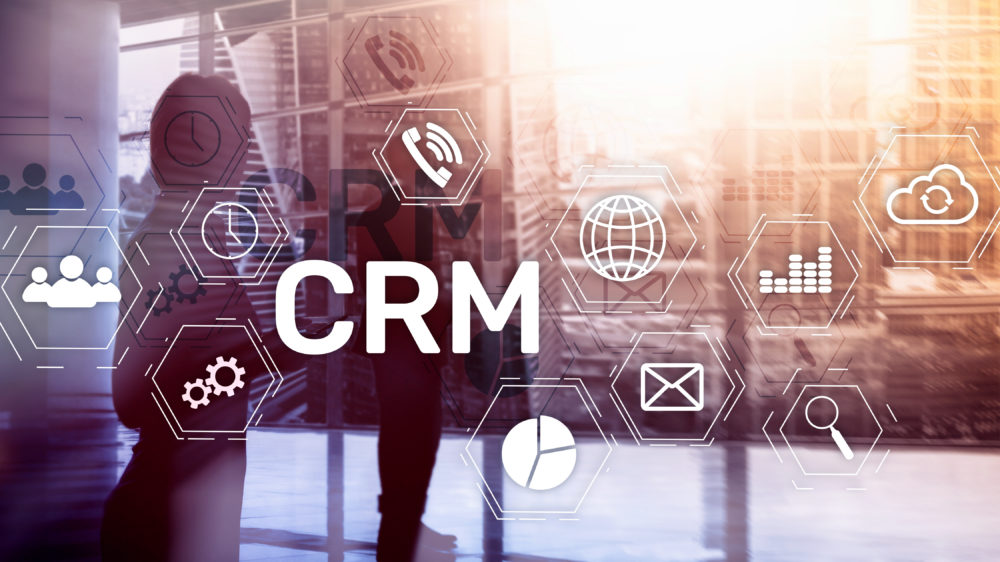Facebook, one of the most popular social networking sites in the world, is full of pages and accounts run by small business owners.
In 2019, there were over 90m small businesses on Facebook worldwide. These businesses can post updates, list contact details and services, allow customer reviews, place job adverts and create an online shop.
However, the hashtag #facebookdisabledme has grown on Twitter with frustrated Facebook users unable to access their accounts, their business pages and their ad accounts. Multiple petitions have been created asking Facebook to change how they review accounts and to lift bans on locked-out users.
Facebook’s account reviews are run on artificial intelligence (AI) which favours broad identifiers and lacks nuance. The customer service side is also reliant on AI so when businesses try to get in touch with a human at Facebook to resolve the issue, they can’t.
Users of the platform have bemoaned a lack of transparency and no clarification as to why an account or page has been disabled. It can take months to get these accounts reinstated and even then, they may be disabled again days later.
Having your personal account disabled is aggravating, but for small business owners the consequences are often greater. They can lose existing customers as well as losing out on potential reach and a sizeable chunk of their income, especially if they don’t have a dedicated website for customers to make purchases or book services.
We’re going to explore why Facebook accounts and pages are being disabled, how it affects small business owners and what you can do to prevent it from happening to you.
How do I know that my account has been disabled?
If your account has been disabled, you’ll get a notification, but if you think your account has been disabled by mistake, you can request a review.
The appeals process involves entering details connected with your Facebook account and submitting ID. You can then elaborate on why there has been a mistake.
The most damaging outcome is having your whole Facebook account disabled. Not only will you be closed off from your business page and your ad account, but you’ll lose your personal posts and videos.
To try and avoid this, keep your personal feed as clean and controversy-free as possible. As well as the obvious, such as not using fake names, impersonating or harassing others, look at the Facebook Terms which will give you some guidance on what not to post.
It’s just my Facebook ad account that’s been disabled
The likelihood is that you’ve violated Facebook’s advertising policy.
Your ads must not:
- Promote unacceptable business practices (anything misleading, scams)
- Use misleading claims (deceptive offers and promises)
- Have a non-functional landing page experience (must go somewhere which gives you the reality of product or service expectation, must not lead to a broken link or page with slow running time)
- Use adult content
This is what happened to my small business
Some people have had problems managing accounts for their clients. Amy Stenson, social media manager at The Audit Lab, has had mixed results when trying to get help from Facebook.
I’ve had a couple of clients’ accounts been disabled in the last couple of months. This did put a strain on my job and the clients’ business as Facebook doesn’t provide any information on why the ban has been put in place. The first one was in October where the account was randomly disabled, so I requested a review through Facebook and sent over all the documents required.
After waiting weeks for the review to be completed, nothing changed. The account is still disabled to this day. In the end I had to create a whole new account for the client. Obviously, this pushed us back weeks with still no response from Facebook to tell us why the account was disabled.
Another e-commerce client’s account was disabled during Black Friday which, of course, is one of the busiest times of the year for them. Again, there wasn’t much information as to why this happened but once I had an online chat with Facebook, they re-activated the account.
I feel Facebook should improve their support team, whether they open the inbox support to every error or have a contact number in the UK so when accounts are disabled it’s an easy process for whoever is dealing with the issue.
My Facebook business page has been unpublished
Again, this comes down to violating community standards, such as publishing spam or using deception to get likes. Having a misleading page name, misleading posts or having evidence of hate speech on your page could lead to Facebook unpublishing it.
Make sure you’re staying as safe as possible to prevent the platform disabling page. Be warned that this isn’t always a watertight method as you may not have any violations against your account but have your business page unpublished anyway.
This is what happened to my small business
Nature’s Health Box had their Facebook page removed altogether and though the account is back, there are still problems with the advertising. Tom Jenane, the firm’s nutrition and fitness expert, tells us more.
We had our Nature’s Health Box Facebook page removed at one point. It was a while ago, so a little blurry, but I’m sure they highlighted that we were ‘selling medical items’ which they didn’t allow. This was being connected to our products which were the likes of vitamins and turmeric. However, we believed they were flagged due to them containing the term ‘capsules’ or ‘tablets’, as we found many other cases on Google of Facebook pages being removed due to this issue.
However, we put in an appeal and we managed to regather the page again.
Once the account was back up, it seemed our access to create Facebook ads wasn’t allowed. We weren’t running ads at the time, but we had it set up to do so, with our inventory connected, for Facebook remarketing.
I put in a review request around a month ago, just because it seemed ridiculous (despite our ad account being disabled over a year ago) and they confirmed that we hadn’t broken any rules and we were allowed to advertise again, but when we went to put in any ads, it blocked us from doing so.
It seems that they’ve allowed the page to continue, but we can’t do any form of advertising. I’m not sure what we did to get flagged, but it has impacted our sales figures inevitably.
We earn around £40,000 revenue per month on average. Facebook used to bring in around £2,000 per month, however we were barely scratching the surface with Facebook advertising and were excited about using the platform more to see those numbers increase.
I think the date it was disabled was April 2019, so that’s a significant sum over such a long period of time.
How do I stop my Facebook account or business page from being disabled?
For ad accounts, Amy Stenson recommends that you constantly check your account(s) to make sure ads are live and haven’t been disapproved. It’s also worth making sure all of the ads are in line with Facebook’s advertising policies. Perhaps there’s some terminology to be careful of, as was possibly the case with Nature’s Health Box.
If it’s your first ad, test it. Make successful ads into templates for future ads. Consistency is important too, so don’t make any sudden changes to your advertising habits. Facebook’s AI may flag this as suspicious and disable your account.
The good news is that Facebook has an automated chat feature for advertisers, but you need an active Facebook account to use it. Annoyingly, this means that if you’ve been locked out of your account, you’re snookered.
A couple of general pointers to mention. First off, don’t use a credit card which is linked to a previously disabled account as it’ll look dodgy.
It’s also advisable to have multiple admins on your business page so that if one of you can’t access it, other people in the business can keep the page going.
Is Facebook likely to change its approach with AI?
I put questions to Facebook regarding preventing accounts from getting disabled, how to contact a human for help and whether the AI system is likely to be reviewed, but the social media platform failed to comment.
To me, it seems like Facebook’s bigger concern is allowing harmful accounts than blocking safe ones. Its latest Community Standards Enforcement Report shows that the fake account detection does what it sets out to do. Across two years, over 99.5 per cent of the violating accounts Facebook took action against were picked up before users reported them. The platform estimates that 5 per cent of monthly active accounts are fake.
And with BuzzFeed reporting that Facebook could be developing new AI to summarise news, it looks like it’ll be leaning towards more AI rather than less.
What you do next is up to you. If you and your audience get a lot out of Facebook, then stick with it. There’s still some great functionality and a loyal user base on there.
If it doesn’t play such a significant part in your business, you may consider relying less on Facebook for reaching your audience. Take another glance at your marketing strategy and your social media strategy to see where your time and money could be better spent.




